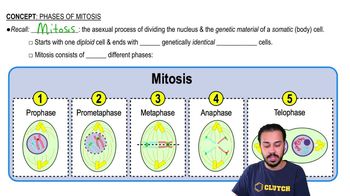Vinblastine is a standard chemotherapeutic drug used to treat cancer. Because it interferes with the assembly of microtubules, its effectiveness must be related to
a. Disruption of mitotic spindle formation
b. Suppression of cyclin production
c. Myosin denaturation and inhibition of cleavage furrow formation
d. Inhibition of DNA synthesis





